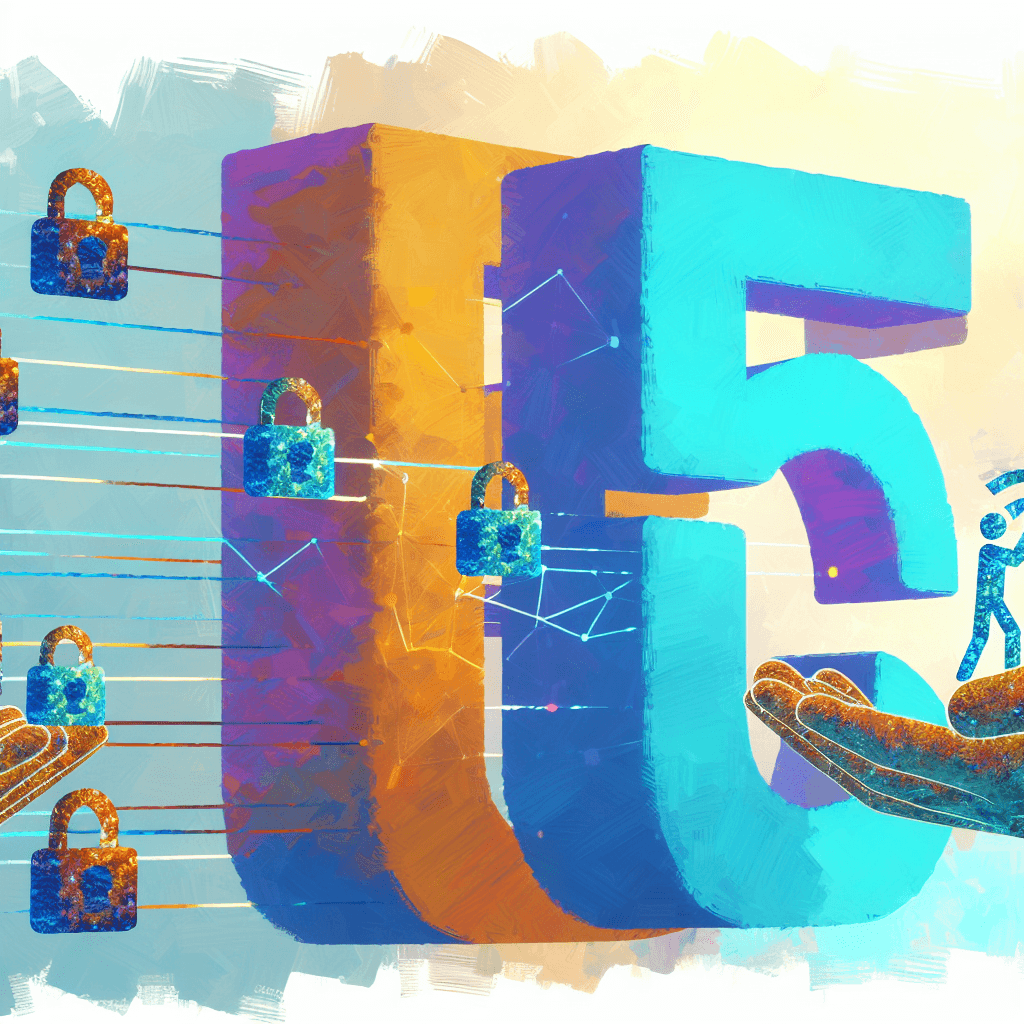In the dim glow of a server room, rows of blinking lights flicker like a constellation of digital stars, each representing the delicate dance between defender and attacker. Here stands an experienced Chief Information Security Officer, a modern-day gatekeeper over a kingdom of data. In his world, the threats are relentless and ever-evolving, much like water eroding the steadied walls of a fortress. All too often, the traditional bastions of security—firewalls, antivirus programs, and intrusion detection systems—feel outdated, lagging behind cunning adversaries who adapt and innovate much more swiftly.
Enter adaptive firewalls
The champions of a new era in cybersecurity. These tools dynamically adjust to real-time threats, evolving much like their foes. While conventional firewalls stand resolute, like ancient sentinels unable to move from their posts, adaptive firewalls embody agility. They not only analyze data but learn from it, drawing from vast datasets to fine-tune responses. This provides organizations with the ability to thwart advanced persistent threats and zero-day exploits with unparalleled precision.
The rising tide of cybercrime necessitates this evolution in defense strategies. A recent report from Cybersecurity Ventures projected that by 2025, global cybercrime damage could reach $10.5 trillion annually. Meanwhile, companies that fail to adapt their security measures face dire consequences. A staggering 60 percent of small and medium-sized enterprises shutter within six months of a cyberattack. The stakes are high, and leaders must explore cutting-edge technologies like adaptive firewalls, which breathe new life into an organization’s cyber posture.
The Learning Curve: Intelligence at Play
Imagine a day in the life of a cybersecurity analyst. The minutiae of monitoring traffic unfold in real time, dashboards filled with graphs and data points that can either sing a reassuring song or scream about an impending threat. The skilled analyst sits poised in front of their screen, not just reacting but predicting. Here, the beauty of adaptive firewalls emerges—these systems learn patterns over time, developing an intricate map of normal behavior for networks and users alike.
Picture a dynamic chess match, where every piece represents a data packet. An adaptive firewall takes on the role of a grandmaster, anticipating moves and counter-moves, learning from each game played. With every attack thwarted, it refines its strategy. When unauthorized access attempts occur, the adaptive firewall doesn’t just raise an alarm; it adapts, refining its algorithms to exclude similar tactics in the future.
Surveys indicate that organizations employing adaptive technology experience a 30 percent reduction in successful breaches compared to those that rely solely on static defenses. This is not merely a statistic. It reflects the tangible shift towards a smarter, proactive stance against an enemy that thrives on exploiting weaknesses.
Employers and security teams must shift their focus. Investing in adaptive firewalls is more than a technical decision; it reflects a cultural commitment to resilience. By fostering an environment that embraces innovation, organizations signal to employees that they are part of a collective defense strategy. After all, security is a shared responsibility, illuminated by the insights gleaned from adaptive technologies.
Consider the implications for businesses of all sizes. Adaptive firewalls are not exclusive to tech giants or government agencies. Startups, mid-sized enterprises, and even non-profits can integrate this technology, elevating their defense mechanisms to levels previously thought unattainable. However, the journey must be strategic, guided by educated decisions.
As data breaches and regulatory fines continue to plague the corporate world, savvy leaders must weave adaptive firewalls into their broader defense strategy. They act as a catalyst for organizational change, forcing teams to implement best practices around incident response, employee training, and risk management. What does this mean in practical terms? It means investing in robust training programs that educate staff about the dangers lurking online and the role they play in safeguarding their assets.
Creating an adaptive security culture requires vigilance and engagement from the top down. When leadership underscores the need for evolving defenses, including adaptive firewalls, employees become not just another cog in the machine but active participants in the protection of their organization’s crown jewels.
As the digital landscape unfurls, organizations find themselves at a critical crossroads. Traditional tools can no longer guarantee the security needed to thrive. Adaptive firewalls revolutionize defense not merely by standing vigilant but by learning, evolving, and enhancing the human element of cybersecurity.
In the end, a company’s resilience hinges on its ability to embrace innovation. In a world where the cost of complacency is more perilous than ever, now is the time for organizations to discard outdated defenses and unleash the power of adaptive firewalls—the future of cyber defense. The enemy may be clever, but so too must we be in our quest to protect our digital landscapes.
“Adaptive Firewalls: Evolving Defense Requires Vigilance”
Learning from leading security models matters, but tailoring to your context prevents gaps and drift.
Adaptive firewalls are projected to grow from $10.09 billion in 2025 to $49.83 billion by 2035. (marketresearchfuture.com)
Consider these important lessons:
- Conduct regular training sessions for employees on cybersecurity awareness and practices.
- Implement a comprehensive incident response plan that includes adaptive firewall strategies.
- Invest in adaptive firewall technologies and integrate them into existing security frameworks.
- Schedule routine assessments of network traffic patterns to identify anomalies and adapt defense mechanisms accordingly.
Cybercrime poses a substantial risk to businesses, leading to financial losses projected to reach $10.5 trillion annually by 2025. Small and medium-sized enterprises face a 60% closure rate within six months following a cyberattack, underscoring the urgency for enhanced defenses. Traditional security measures, like static firewalls, fall short against evolving threats. Businesses must adapt proactively, utilizing adaptive firewalls to bolster their defenses, minimize breaches, and foster a culture of vigilance. Failing to do so leaves them vulnerable in a landscape where attackers continuously exploit weaknesses.
In the quest for ‘Building Resilience in the Age of Digital Transformation’, organizations must recognize that the strategies they employ today dictate their ability to thrive tomorrow. Embracing adaptive technologies and fostering a culture of security not only shields assets but also paves the way for sustainable success in an increasingly complex digital world.
From the Author
Build an integrated front—technology, skill, and cross-sector teamwork—to secure the future.
Learn Something New
Try free InfoSec tools: Trend Micro Tools.
#Unleashing #Security #Adaptive #Firewalls #Revolutionize #Cyber #Defense
I like to write about adaptive firewalls, cyber defense evolution, real-time threat analysis, predictive cybersecurity strategies, organizational change catalyst
If you like this story, you should check out some of the other stories in the Artificial Intelligence or Risk Management section.
You can also find more of my Cybersecurity writings here in the Cybersecurity section.







